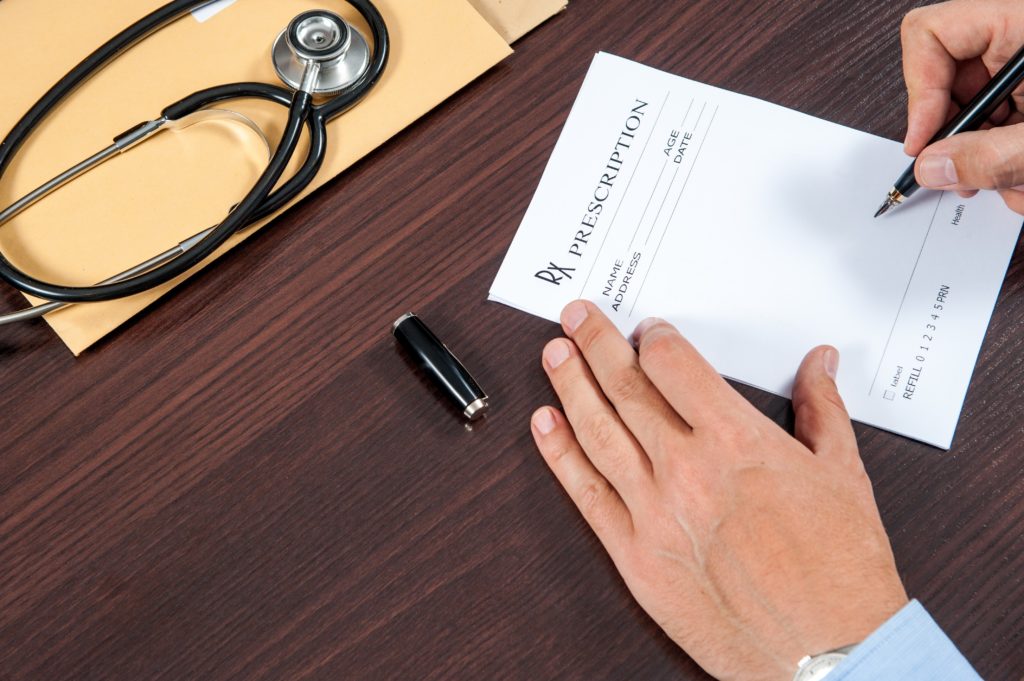7 Reasons To Seek Addiction Treatment
Substance use disorder, which is more colloquially known as drug addiction, is a serious mental...
toll free: 844.955.3042
local tel: 561.464.6505
fax: 561.450.6637
info@recointensive.com
RECO Intensive
140 NE 4th Avenue
Delray Beach, FL 33483
Depressants are a class of drugs which help to manage symptoms associated with conditions including insomnia, anxiety, and pain. However, depressants also exist in the form of cigarettes, illegal drugs, and alcohol and can be taken when a person chooses to self-medicate. Depressants can become dangerous when a person starts abusing them and doesn’t seek drug addiction treatment.
Depressants are also called sedatives or sedative-hypnotics. These drugs depress or slow brain activity down. When this occurs, the body can experience several reactions. For example, a person taking a depressant for their insomnia may become drowsy. Those taking prescription depressants for back pain may see a decrease in painful muscle spasms.
Non-prescription anti-depressants work in the same way. For example, a person may choose to drink alcohol so that they may feel more relaxed. One’s anxiety may be reduced when they take certain illegal drugs.
The issue with both legal and illegal depressants is that they all have the potential to become addictive. This is because the body builds up a tolerance to them. After a certain time passes, a person will need to take more of the drug in order to experience the same sedative effects. In addition, they may find they are dependent on these drugs when they stop taking them suddenly, and they will experience withdrawal symptoms as a result.
It’s important to understand that depressant abuse is common; in 2017, the National Survey on Drug Use and Health estimated that two million people in the United States had misused depressants, stimulants, and opioids for the first time in the past year.1
Prescription depressants are available under several brand names. These include Xanax, Valium, Nembutal, Luminal Sodium, Klonopin, Prosom, and Halcion.


For example, many people will experience a craving for the drug. This is common because of the way addictive drugs affect the brain, which sends out the message that it needs the drug.
Increased blood pressure, along with a rapid heartbeat and a feeling of anxiety are also common symptoms of depressant withdrawal. A person may also feel nauseous and shaky, start sweating, and may experience hallucinations or seizures as the result of withdrawals.
Having withdrawal symptoms can mean a lot of discomfort. However, when severe, withdrawal can also have very dangerous health consequences, such as causing or prolonging anxiety and depression.
In addition to withdrawal symptoms, there are also several side effects associated with depressant abuse. One may experience headaches and blurred vision, as well as low blood pressure, dizziness, confusion, and amnesia, among other symptoms.
In addition, you may experience symptoms that are not on the list of side effects of the drugs you are taking. However, it’s important to seek medical attention for these as well, as they may be an uncommon symptom or the symptom of an underlying condition.
If you are currently taking depressants, it’s important to know the signs of abuse. If you are experiencing even one of these, it’s important to seek help for addiction recovery as soon as possible.
If someone you know is taking depressants, there are signs to look for which identify drug use as unhealthy. If you witness any of these, it’s a good idea to seek help.
If you recognize the signs of abuse in your own depressant usage, you should seek help as soon as possible. The reason for this is that the sooner you do get treatment, the better your chances of recovery for the long-term. A primary doctor or one who specializes in mental health as it relates to addiction are both good options for getting the help you need.
To clarify, alcohol detox treatment and drug counselors, addiction psychiatrists, and doctors specializing in addiction medicine are all good options if you’re currently experiencing the signs of depressant abuse.
Getting help for a friend or family member who is exhibiting the signs of addiction can be a challenge since they are likely to deny that they have a problem. An option for those who may be reluctant to receive treatment is to stage an intervention.
An intervention is a way for those who are concerned about a person’s abuse to communicate their care for the person and communicate how the person’s drug abuse has affected them.
For the individual, the intervention can motivate them to seek help. However, it’s important that any intervention is done with the help of a doctor or someone who is an intervention professional.


Because of the complexity of addiction and the fact that addiction and mental disorders often co-exist, treating addiction must be a completely individualized process. The most important thing is to seek help as soon as possible if you or a loved one is becoming dependent on or addicted to depressants.
Because of the challenges associated with recovery, ensuring you have support is critical. Outpatient addiction treatment programs offered by RECO Intensive combine compassionate care with expert knowledge to help you manage the symptoms of withdrawal and achieve lifelong recovery.
Our treatment programs involve a team of specialists, including primary therapists, case managers, medical doctors, and behavioral health technicians, all who provide compassionate care. Your team also teaches you the skills and healthy habits that prevent relapse and improve quality of life.
RECO Intensive programs offer a high degree of flexibility, allowing you to continue living at home so that you can continue to attend work or school and continue to meet your family and financial obligations. Our programs work around your schedule, allowing you to travel to our center and attend counseling and other treatment sessions after the end of the school or work day.
If a loved one or you are struggling with dependence or addiction related to depressants, RECO can help; if you are ready to learn more about our intensive outpatient therapy, call 561-501-2439.
Source: